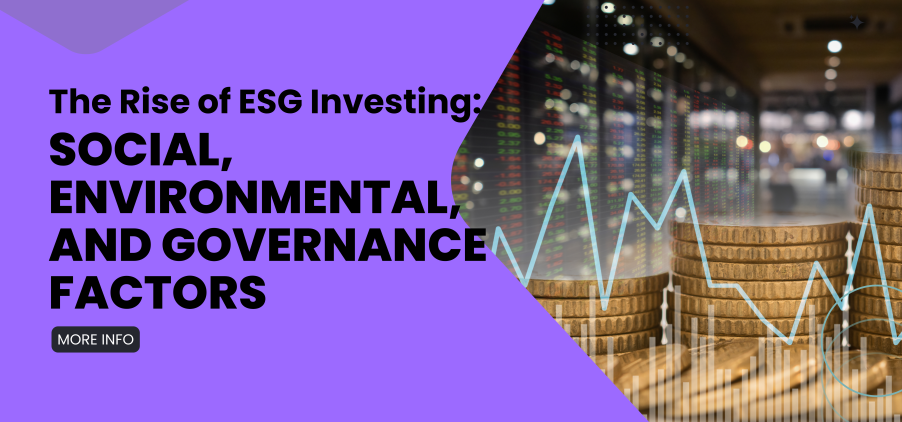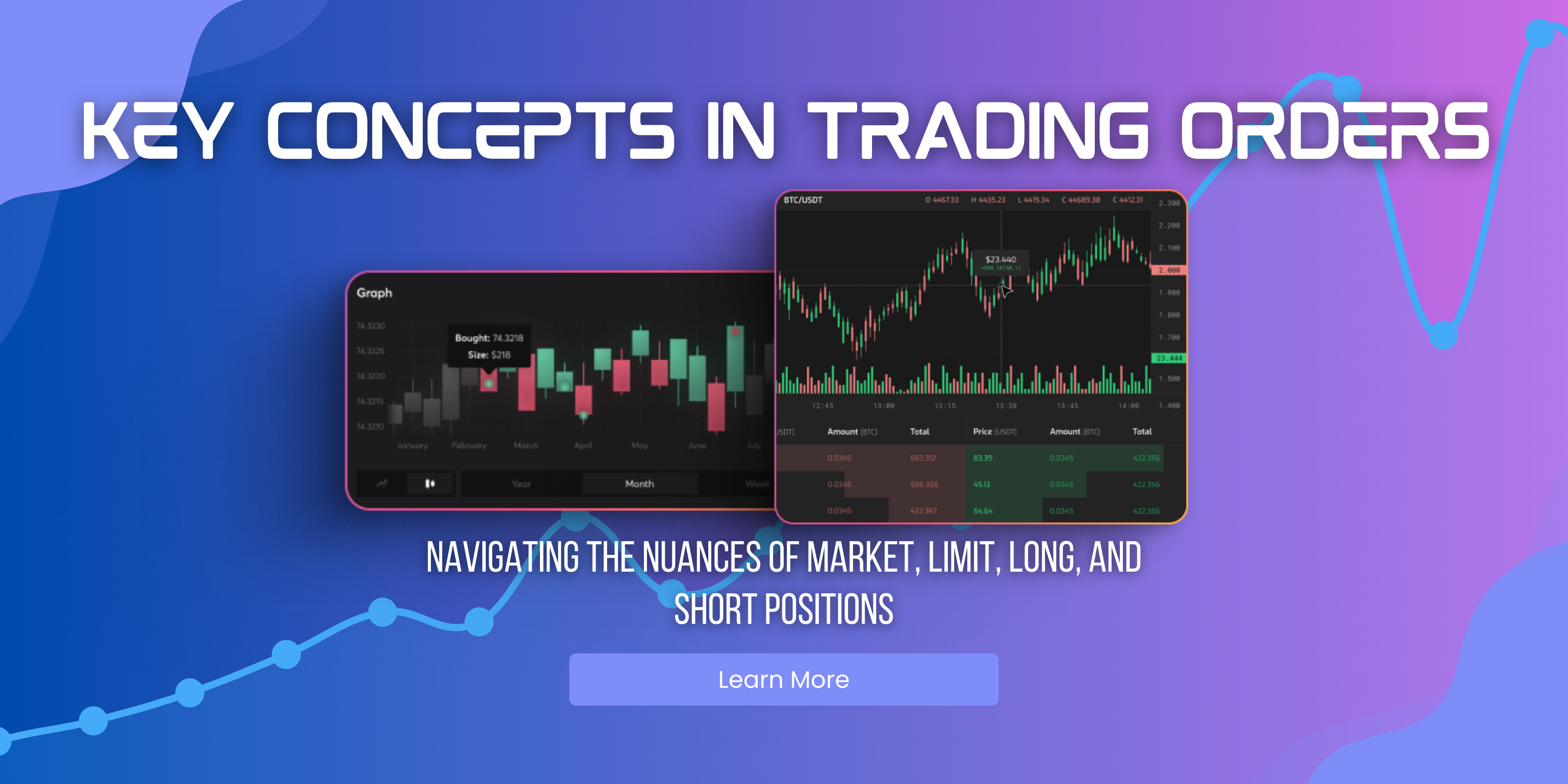ESG (Environmental, Social, and Governance) investing has gained significant traction in the financial industry, reflecting a growing emphasis on sustainable and responsible investment practices. In this blog post, we will explore the rise of ESG investing, its key principles, impact on financial markets, and the evolving landscape of sustainable finance. Understanding ESG Investing ESG investing integrates environmental, …
The Rise of ESG Investing: Environmental, Social, and Governance Factors

ESG (Environmental, Social, and Governance) investing has gained significant traction in the financial industry, reflecting a growing emphasis on sustainable and responsible investment practices. In this blog post, we will explore the rise of ESG investing, its key principles, impact on financial markets, and the evolving landscape of sustainable finance.
Understanding ESG Investing
ESG investing integrates environmental, social, and governance factors into investment decisions, aiming to generate long-term sustainable returns while considering the impact of businesses on society and the environment. The key principles of ESG investing include:
- Environmental Factors: This encompasses a company’s impact on the environment, including its carbon footprint, energy efficiency, waste management, and efforts to mitigate climate change.
- Social Factors: Social considerations focus on a company’s relationships with its employees, customers, suppliers, and the communities in which it operates. This includes aspects such as labor practices, diversity and inclusion, human rights, and community engagement.
- Governance Factors: Governance criteria evaluate the quality of a company’s leadership, board structure, executive compensation, shareholder rights, and transparency in financial reporting.
Impact on Financial Markets
The rise of ESG investing has had a notable impact on financial markets, influencing investor behavior, corporate practices, and the development of sustainable financial products. Key aspects of its impact include:
- Investor Demand: There is a growing demand for ESG investment products as investors seek to align their portfolios with their values and contribute to positive societal and environmental outcomes.
- Corporate Practices: Companies are increasingly integrating ESG considerations into their business strategies, reporting practices, and corporate governance frameworks to meet the expectations of ESG-conscious investors and stakeholders.
- Financial Products: The proliferation of ESG-themed investment funds, green bonds, and sustainability-linked financial instruments reflects the increasing integration of ESG principles into the financial industry.
The Evolving Landscape of Sustainable Finance
Sustainable finance encompasses a broad range of financial activities that contribute to sustainable development, including ESG investing, green finance, impact investing, and socially responsible investing. The evolving landscape of sustainable finance is characterized by:
- Regulatory Developments: Regulatory bodies and policymakers are increasingly emphasizing the integration of ESG factors into financial regulation and reporting standards, shaping the disclosure and transparency requirements for ESG-related information.
- Industry Standards: The development of industry standards and frameworks, such as the UN Principles for Responsible Investment (PRI) and the Task Force on Climate-related Financial Disclosures (TCFD), provides guidance for investors, companies, and financial institutions in implementing ESG practices.
- Impact Measurement: The measurement and assessment of the impact of ESG investments on environmental and social outcomes are becoming increasingly important, driving the development of impact measurement methodologies and reporting frameworks.
In conclusion, the rise of ESG investing reflects a fundamental shift in the financial industry towards sustainable and responsible investment practices. By integrating environmental, social, and governance factors into investment decisions, ESG investing has the potential to drive positive change while reshaping the dynamics of financial markets.








